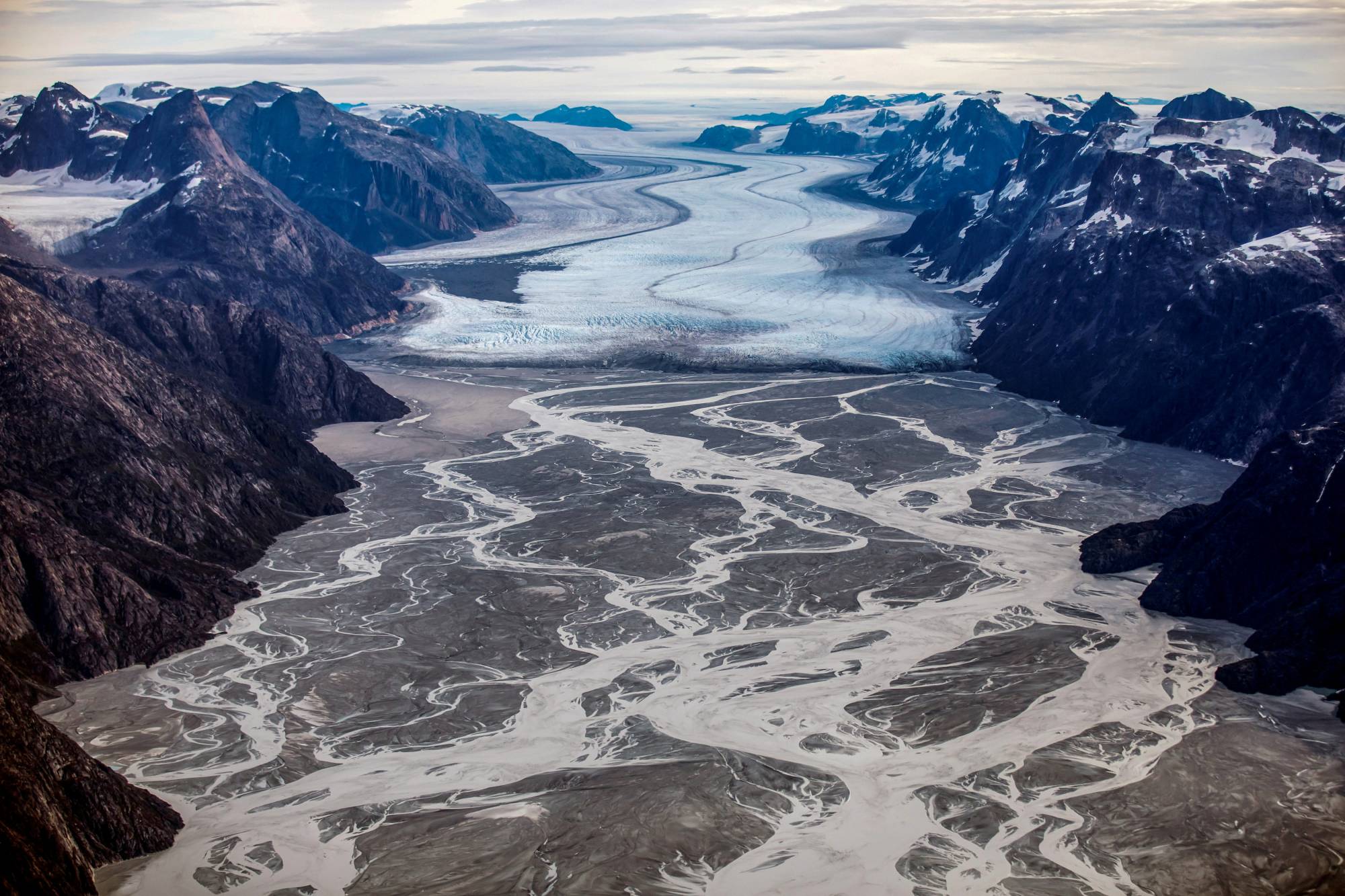The drought- and flood-stricken summer of 2022 has shown the impact of 1.1 degrees Celsius of global warming — the amount that’s already occurred since preindustrial times. Now a major scientific reassessment finds that several critical planetary systems are at risk of breaking beyond repair even if nations restrain warming to 1.5 C, the lower threshold stipulated by the Paris Agreement.
At that level of warming, coral reefs may die off, ice sheets in Greenland and the West Antarctic may melt and permafrost may abruptly thaw, according to a paper published Thursday in the journal Science.
The paper compiles evidence that major changes in the climate system, with massive environmental and societal consequences, are likely to occur at lower temperature changes that previously assumed. It was written by a team of international scientists led by David Armstrong McKay of Stockholm University in Sweden and the University of Exeter in the UK.



